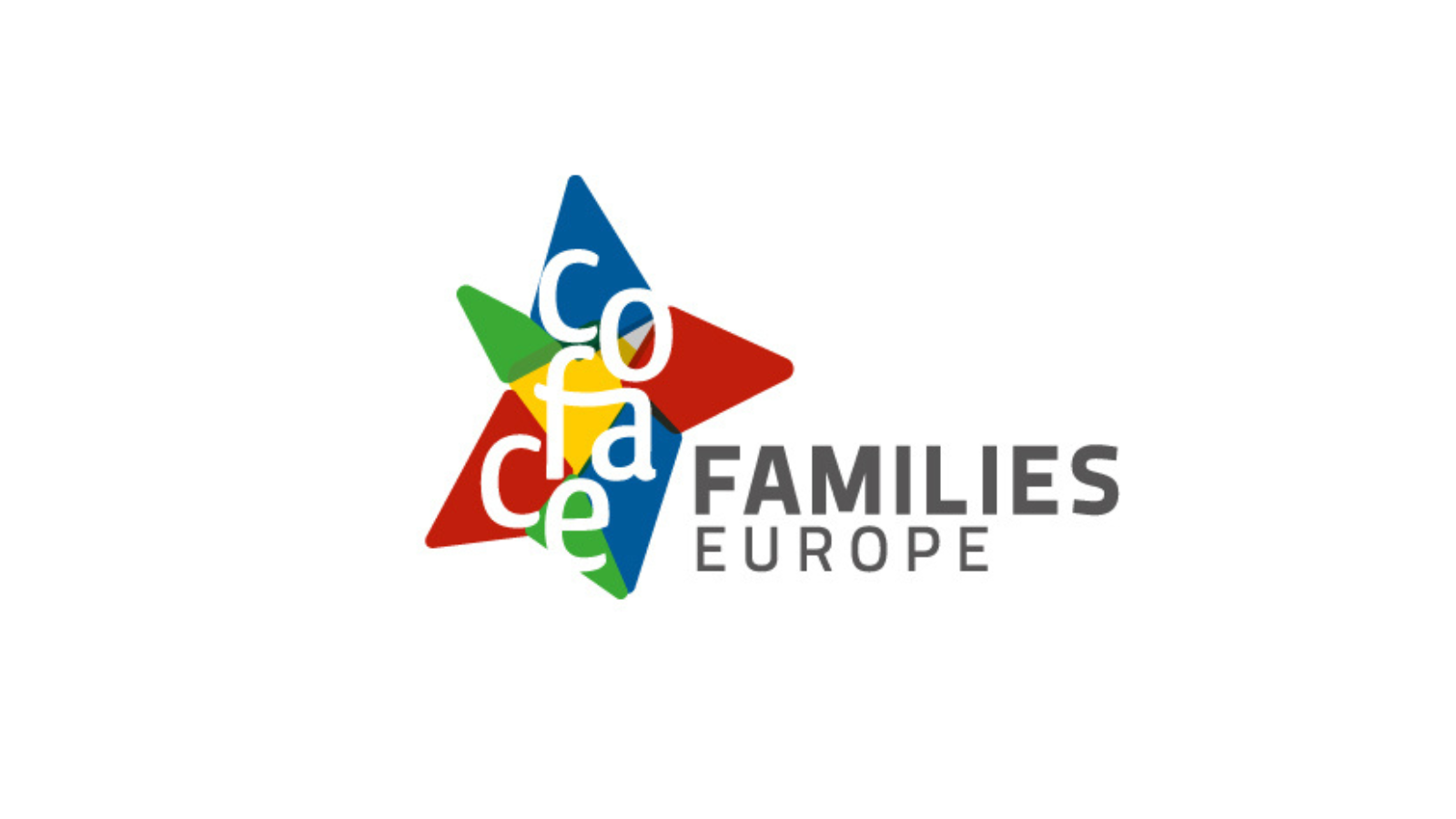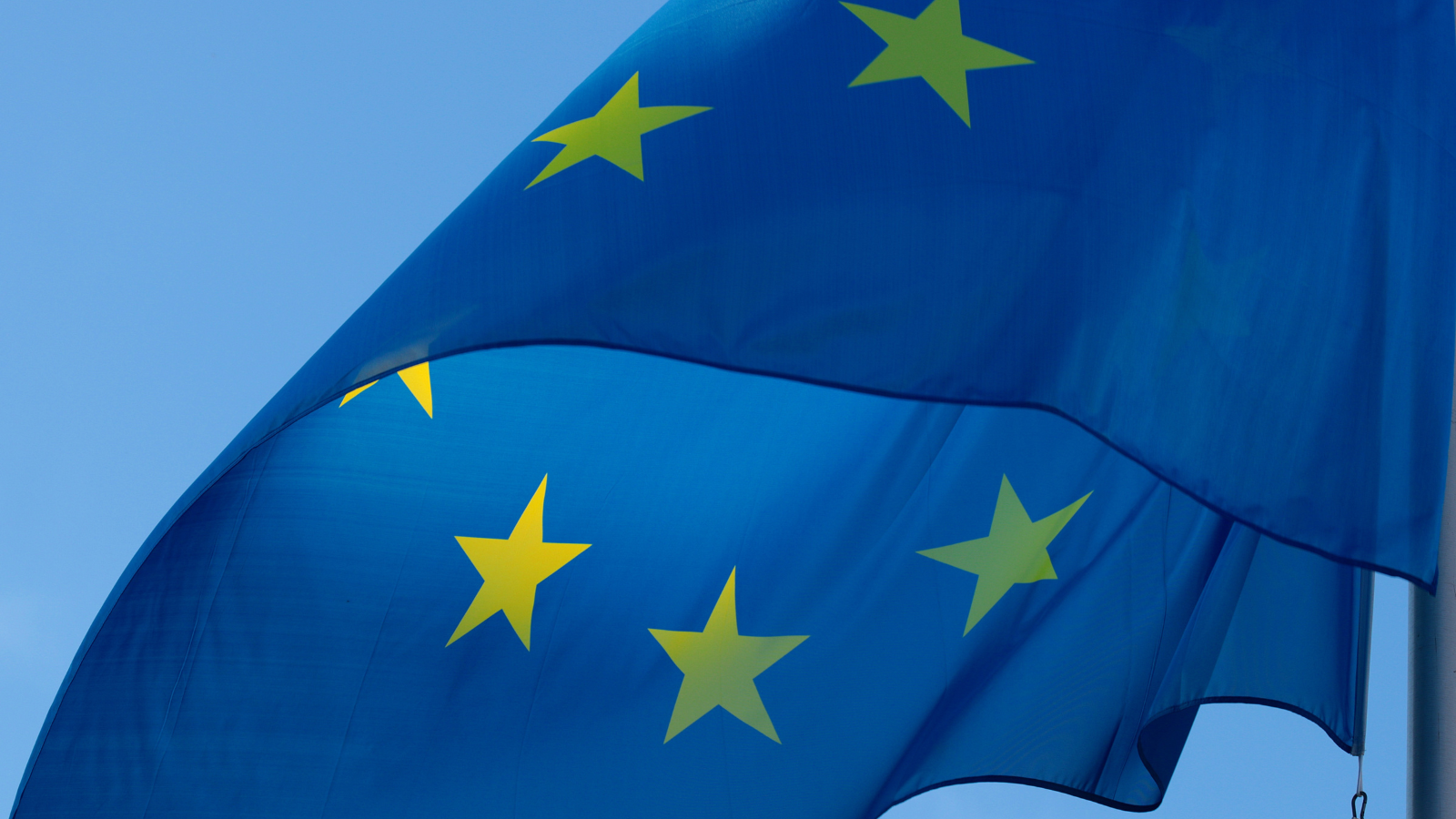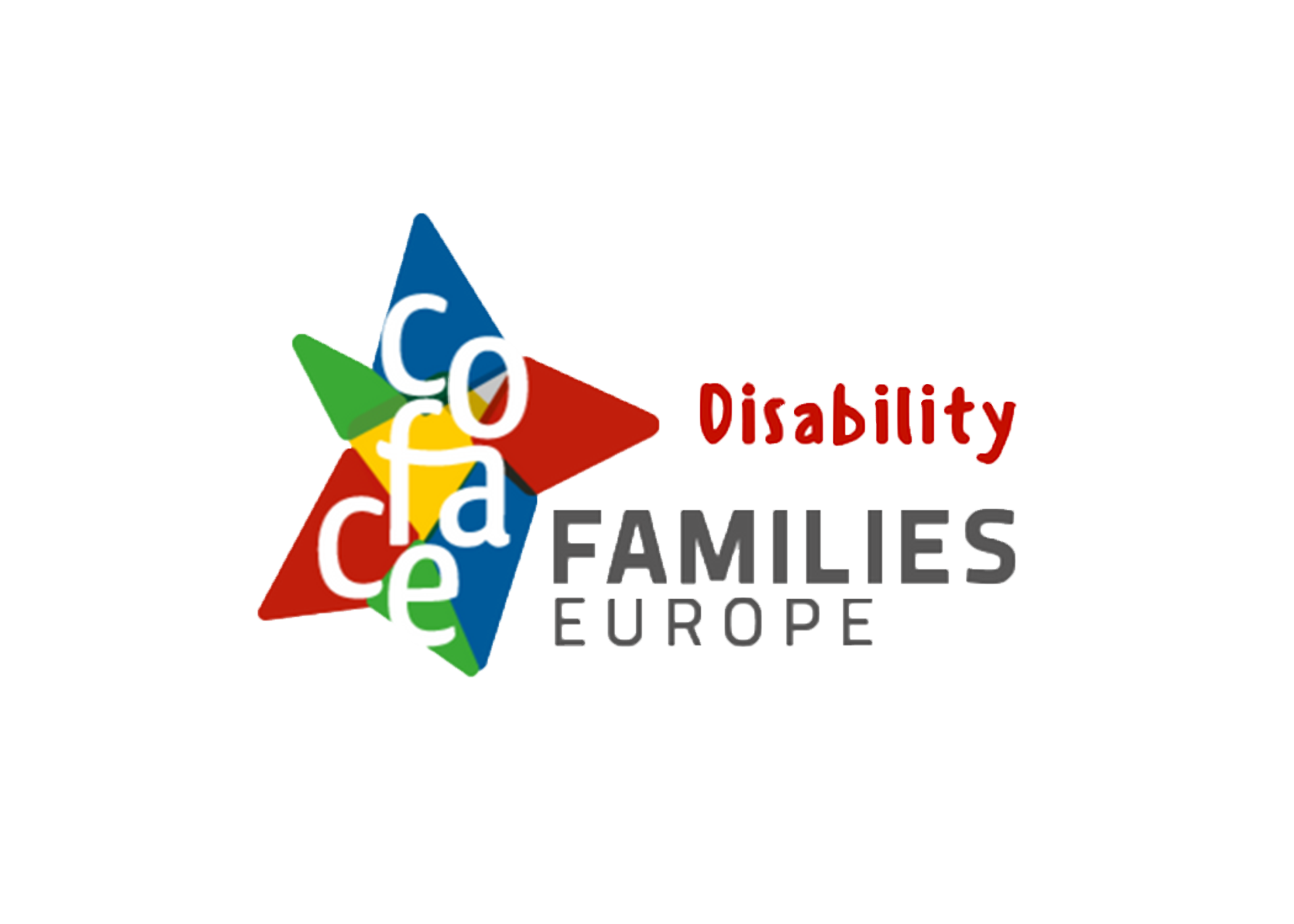Work-Life Balance Strategies in Family Policy
25th September 2024
Vilnius, Lithuania
Acknowledging the importance of work-life balance is crucial for maintaining personal well-being and mental health which encompasses various aspects, such as emotional, psychological, and social well-being. Therefore, a healthy work-life balance positively affects our personal relationships and helps coping with stress. This balance extends to family responsibilities, including care for both children and elderly family members.
Family care includes taking care of both children and older family members. According to 2019 Eurostat data, almost 90 million people in the EU have care responsibilities for children, and more than 12 million people in the EU take care of ill, elderly and/or disabled relatives. Work-life balance rights are being consolidated in public policy across Europe (in great part following the transposition of the EU work-life balance directive), and also increasingly in company policies which are building family-supportive workplaces.
The European Pillar of Social Rights puts a strong focus on work-life balance of parents and carers, with different initiatives to support families: legal frameworks like the EU work-life balance directive and the Corporate Sustainability Reporting Directive; and policy frameworks like the European Care Strategy and the European Child Guarantee.
This expert meeting will:
1. Explore the intersectional dimensions of work-life balance, considering how factors such as gender, socioeconomic status, race, and ethnicity intersect with family dynamics and mental health outcomes.
2. Promote the integration of family-friendly working conditions, mental health services and family-friendly policies into organisational structures that best meet families’ needs.
3. Facilitate dialogue and collaboration among diverse stakeholders, including employers, employees, policymakers, researchers, and community organisations, to develop comprehensive strategies for supporting family mental health in the workplace.
Working languages: English and Lithuanian




